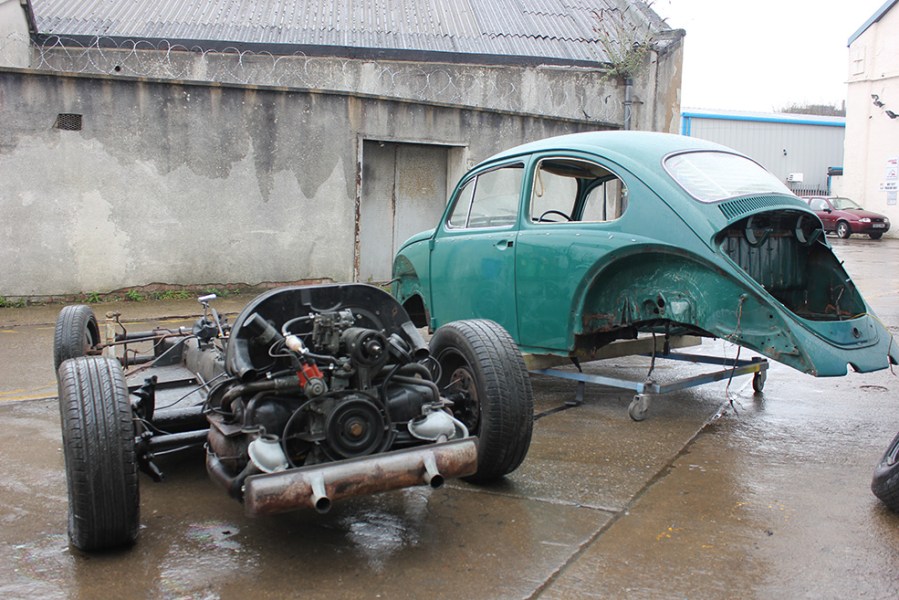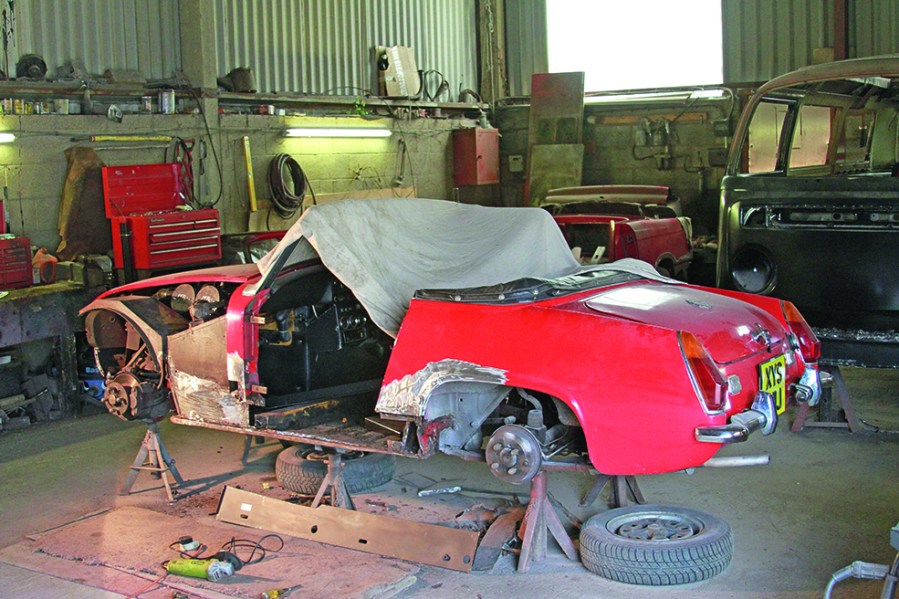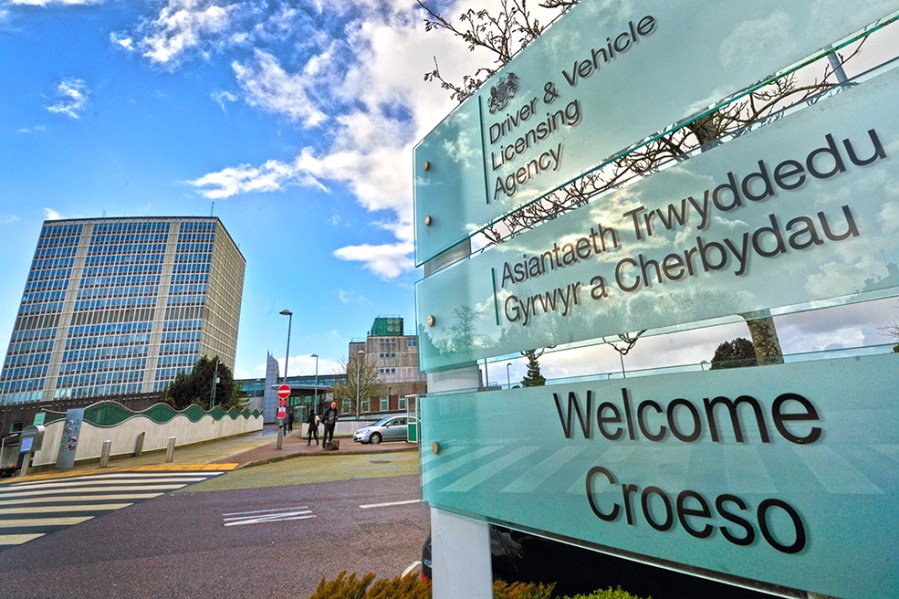DVLA announces policy changes that make it significantly easier for enthusiasts to register repaired, restored and modified vehicles
The Driver and Vehicle Licensing Agency (DVLA) has confirmed a series of major policy changes to the way repaired, restored and modified vehicles are registered, marking the most significant update to the system since the 1980s.
The new guidance, which comes into effect on August 26, is said to reflect modern restoration methods and simplify the registration process. It is intended to provide greater clarity for owners, restorers and the wider classic vehicle industry while ensuring safety and accurate records.
The DVLA is replacing its existing policies on rebuilt and radically altered vehicles, with two new sets of guidance that will apply to all vehicles, regardless of age.
The first of these covers repairs and restorations back to the vehicle’s original working standard. These will no longer need to be reported provided worn-out components or body panels are replaced on a like-for-like basis, the appearance of the vehicle is the same as when it was originally manufactured, and the log book (V5C) details are not affected.
Meanwhile, vehicles with significant structural modifications will be able to retain their original Vehicle Identification Number (VIN) and registration number, so long as the DVLA is notified. The changes could include cutting into the chassis monocoque or frame, changing the vehicle’s appearance or dimensions from the original manufacturer’s specification, and conversions from an internal combustion engine to electric propulsion.

Vehicles with significant structural modifications will retain their original VIN and registration number under the new rules, but the DVLA must be notified
The changes follow an in-depth review by the DVLA, working alongside government officials including Minister for the Future of Roads, Lilian Greenwood. The process was initiated after a Call for Evidence launched in May 2024 by then Transport Secretary Mark Harper at Bicester which drew more than 1350 responses from industry, owners and enthusiasts in under eight weeks.
Many of these in turn represented the views of wider groups. For example, the response from the Federation of British Historic Vehicle Clubs (FBHVC) accounted for the views of almost 5000 of its members, setting a new record, and the Historic and Classic Vehicles Alliance (HCVA) also provided a detailed response.
“We know how much love, time and effort goes into keeping classic cars – and we’re right behind the community,” Lilian Greenwood said.
“These changes are about cutting red tape and making life easier for enthusiasts, whether you’re restoring a vintage gem or converting it to electric. It’s all about celebrating the UK’s amazing motoring heritage and helping the industry thrive well into the future.”
DVLA Chief Executive, Tim Moss, added: “These updated policies support historic vehicle keepers, and the wider industry, with clearer registration processes that reflect modern restoration and modification practices, helping safeguard the UK’s rich and wonderful automotive history. These changes will allow enthusiasts to focus on what they love most: preserving and enjoying these remarkable vehicles.”

Repairs and restorations back to a vehicle’s original working standard will no longer need to be reported, with some caveats
Hard work by FBHVC and HCVA recognised
The FBHVC and HCVA have both extensively lobbied to resolve uncertainties in the registration system over the years, which in some instances saw treasured classic cars lose their original identification after restoration, and some even refused registration altogether.
Each organisation had its own nuances in its approach, but both were keen for clarification and for it to be more difficult for classics to be lumbered with Q-plates – something that now looks like it has come to fruition.
A statement from the FBHVC said: “The Federation is very encouraged by these outcomes, not only with the revised policies but also with a clear change to a more sympathetic and pragmatic approach to the registration difficulties sometimes faced with older vehicles.”
“We also acknowledge the considerable time and effort Agency staff have obviously devoted to this matter and are grateful that they so carefully listened to our submissions.
The HCVA also welcomed the changes. CEO Dale Keller said: “The policy changes by the DVLA encapsulate how industry and government working collaboratively can deliver better outcomes. It is testament to the hard work of the HCVA, and others, that the government has listened and acted with pragmatic changes that place the retention of historic identity at the forefront of registration policy, a move that will be welcomed by all historic vehicle specialists, owners, and historians.
“The DVLA should be applauded for its engagement and commitment to deliver new policies that now recognises new technologies, techniques, and improved materials.
“The positive impact these changes will have should not be underestimated in how they will support specialists and owners in protecting the UK’s historic vehicle industry, enabling over three million historic and classic vehicles to be kept roadworthy, relevant, and enjoyed by future generations.”
The UK’s classic vehicle sector is estimated to support more than 100,000 skilled jobs and is a thriving export market, while also preserving automotive heritage for enthusiasts and the public alike. The HCVA has said the new policies represent “a significant achievement for the entire classic vehicle industry.”





